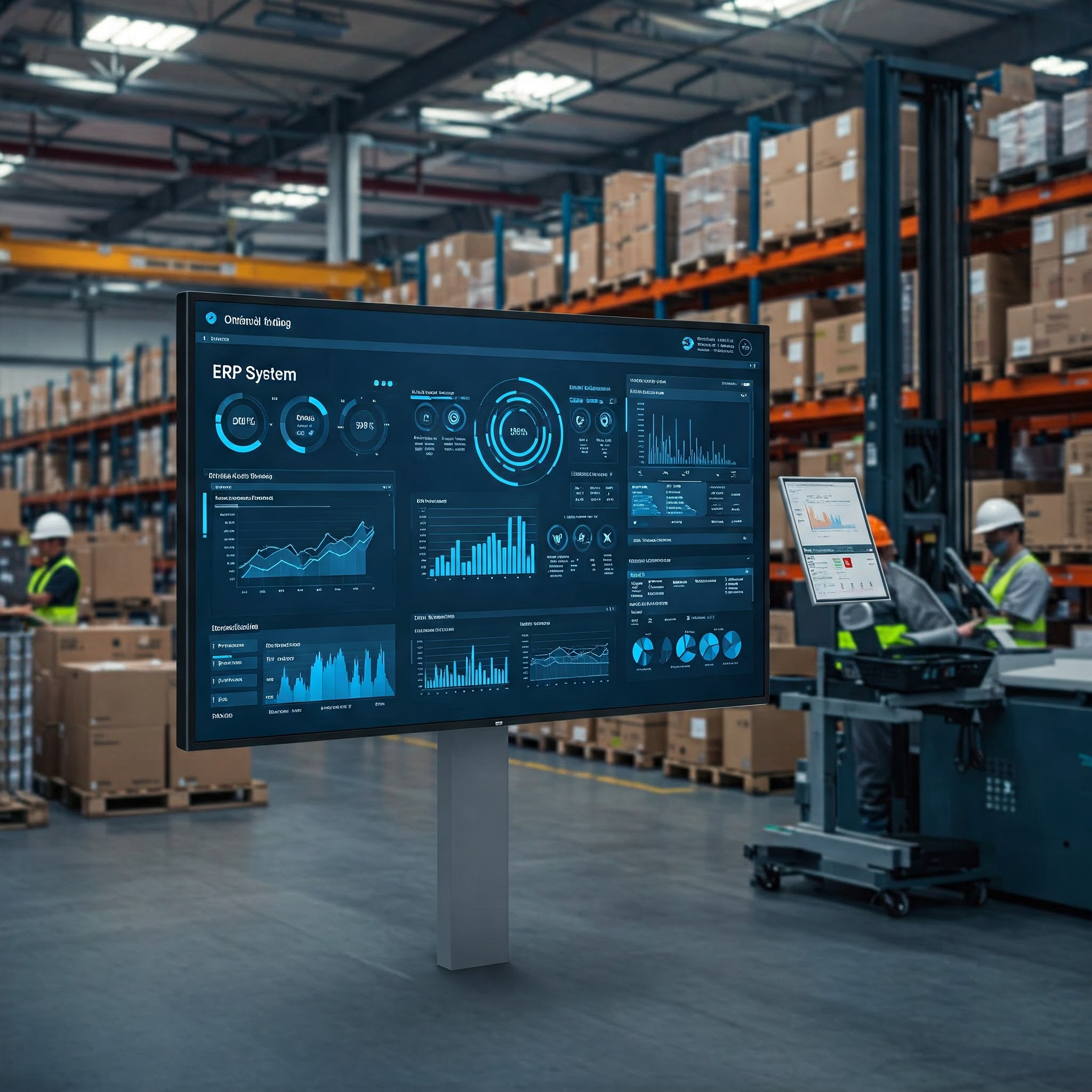
- Introduction
- Why Asking the Right Questions Matters
- Top 10 Questions to Ask Before Buying an ERP
- Conclusion
If you’re a distributor or wholesaler , chances are you’ve either outgrown your legacy ERP or you’re exploring a modern ERP solution for the first time. Choosing the right ERP is a critical decision—it can either streamline your operations or become an expensive misstep.
To avoid costly errors and select a platform that fits your unique business needs, start by asking the right questions. This guide gives you the top 10 questions every distributor should ask before purchasing ERP software.
Why Asking the Right Questions Matters
ERP systems are not one-size-fits-all. A solution that works for a small retail business might not work for a multi-location electrical distributor. By asking smart, industry-relevant questions, you ensure:
- The ERP supports your distribution workflows
- It integrates with your current systems
- It scales with your growth
- You avoid hidden costs and project delays
Top 10 Questions to Ask Before Buying an ERP
1. Does this ERP support distribution-specific features?
Look for industry-focused functionality like inventory management, demand forecasting, multi-location support, warehouse automation, and real-time order tracking. General-purpose ERPs often lack depth in these areas.
2. Is this ERP cloud-based or on-premise? What are the pros and cons?
Cloud ERP offers remote access, lower upfront costs, and faster updates. On-premise might give more control but requires higher infrastructure investment. Most distributors today are moving toward cloud ERP for flexibility and cost savings.
3. How scalable is the ERP solution?
Can the system grow with your business? Make sure the ERP can handle more users, more SKUs, more warehouses, and more complex operations as you expand.
4. What integrations are available with existing tools?
Your ERP should integrate smoothly with your CRM, eCommerce platforms, EDI, shipping providers, and accounting software. Ask about APIs and third-party connectors.
5. What’s the total cost of ownership (TCO)?
Don’t just consider license fees. Factor in implementation, training, support, customization, maintenance, and upgrade costs. The cheapest solution up front may not be the most cost-effective long-term.
6. How long does implementation take and what resources are required?
Ask about timelines, stages, and the resources you’ll need internally. Will there be a dedicated project manager? What’s the vendor’s success rate for similar implementations?
7. Is the vendor experienced with businesses in your industry?
Choose a vendor with proven success in your distribution niche—whether that’s HVAC, fasteners, pharma, or electrical supplies. They’ll better understand your pain points and offer tailored solutions.
8. How customizable is the ERP solution?
Every distribution business is unique. You may need workflows, reports, or dashboards customized to fit your processes. Ask if the ERP is flexible or requires heavy coding to make changes.
9. What kind of training and support is offered?
Good ERP vendors provide onboarding, documentation, and ongoing support. Consider availability (24/7), support channels (chat, phone, email), and the quality of help offered.
10. What are current customers saying about this ERP?
Look for case studies or testimonials from similar companies. Ask the vendor for references. Review platforms like G2, Capterra and evaluate ERP.
Conclusion
Purchasing an ERP is a long-term investment that shapes how efficiently your business operates. By asking these 10 questions, you’ll be better equipped to compare solutions like NetSuite, Epicor, SAP, Acumatica, Ximple, Advantive, and others, and choose the one that best fits your operations.
Whether you’re in electrical, HVAC, pharma, plumbing, or fasteners distribution—the right ERP can be a game-changer.
